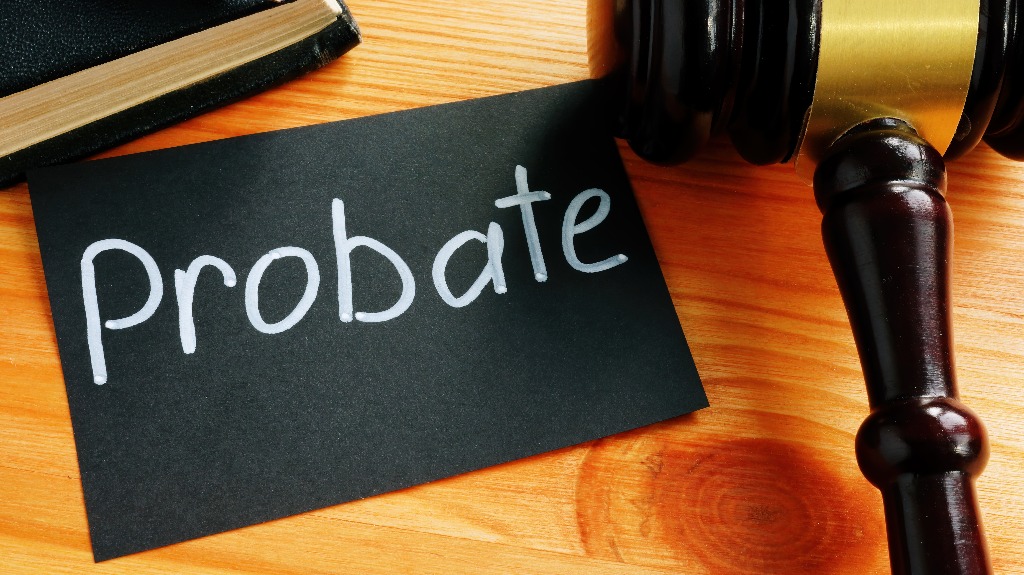Navigating the Probate Process in Florida
Probate is a court supervised process that involves the validation and administration of a person’s will after they pass. Probate can be a lengthy and complex legal process, often adding stress to an already difficult time for families. Like in many other states, In Florida, there are certain assets that can avoid the probate process. At Carryl Law Firm, we are here to help you navigate through this complex process to ensure a smooth transition of your assets.

What Assets Avoid Probate in Florida?
While this is not an exhaustive list of assets that are not subjected to probate, these are the most common:
- Jointly Ownership with Rights of Survivorship – Property that is jointly owned with rights of survivorship is automatically transferred to the surviving owner(s) upon the death of one co-owner.
- Life Insurance Policies – Life insurance policies are designed to provide financial support to the beneficiaries after the death of the policyholder. It is crucial to ensure your policy is up-to-date and the beneficiaries are accurate.
- Retirement Accounts – Retirement accounts such as individual retirement accounts (IRAs) and 401(k)s, have designated beneficiaries. The assets in these retirement accounts are directly distributed to these beneficiaries after the death of the owner. Similar to life insurance policies, it is important to regularly review and update beneficiary designations.
- Revocable Living Trust – One of the most common and effective estate planning tools that is excluded from probate is a revocable living trust. Revocable living trust is created when you are alive and can be modified at any time. Assets placed in the trust during the individual’s lifetime can be distributed to the beneficiaries without going through the probate process.
- Payable-on-Death (POD) & Transfer-on-Death (TOD) Accounts – Payable-on-death (POD) or transfer-on-death (TOD) can be bet set up on certain investments and bank accounts, this allows the assets to be automatically transferred to the beneficiaries upon the account owner’s death.
- Exempt Property – Items like household furniture, furnishing, and appliances, up to a net value $20,000 as of the date of death, two motor vehicles in the name of the decedent, that do not exceed a gross vehicle weight of 15,000 pounds, are considered exempt property that are excluded from the probate process.
Contact the Carryl Law Firm Today
By understanding which assets are exempt from probate, whether through joint ownership, beneficiary designations, or living trusts, gives you and your family peace of mind during a difficult time. Regularly reviewing and updating your estate plan is an important step to make sure that your wishes are accurately reflected. Contact the Carryl Law Firm to create an estate plan that is tailored to your unique needs and goals, to ensure that the transfer of your assets is a smooth transition.
